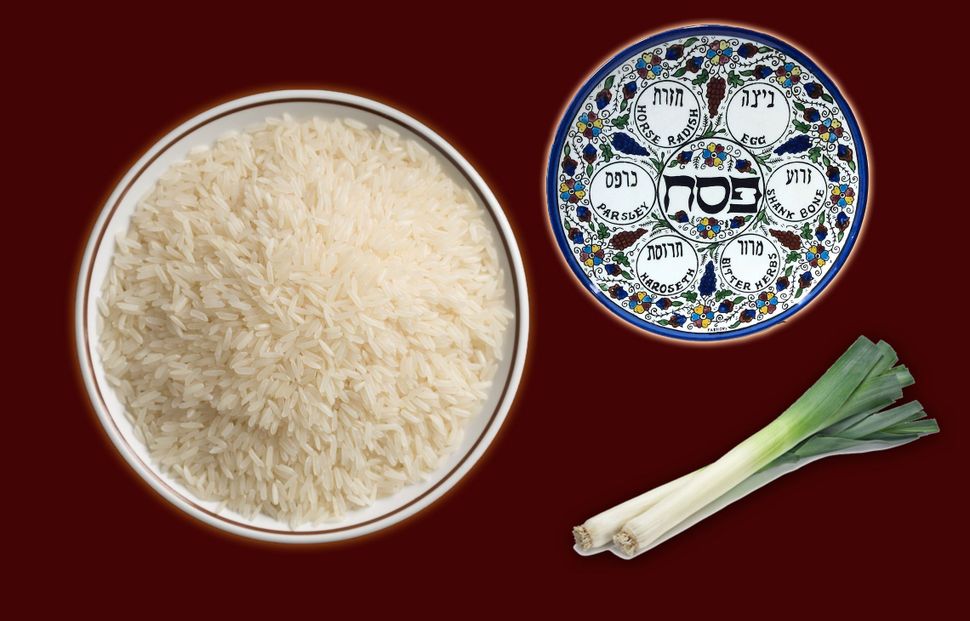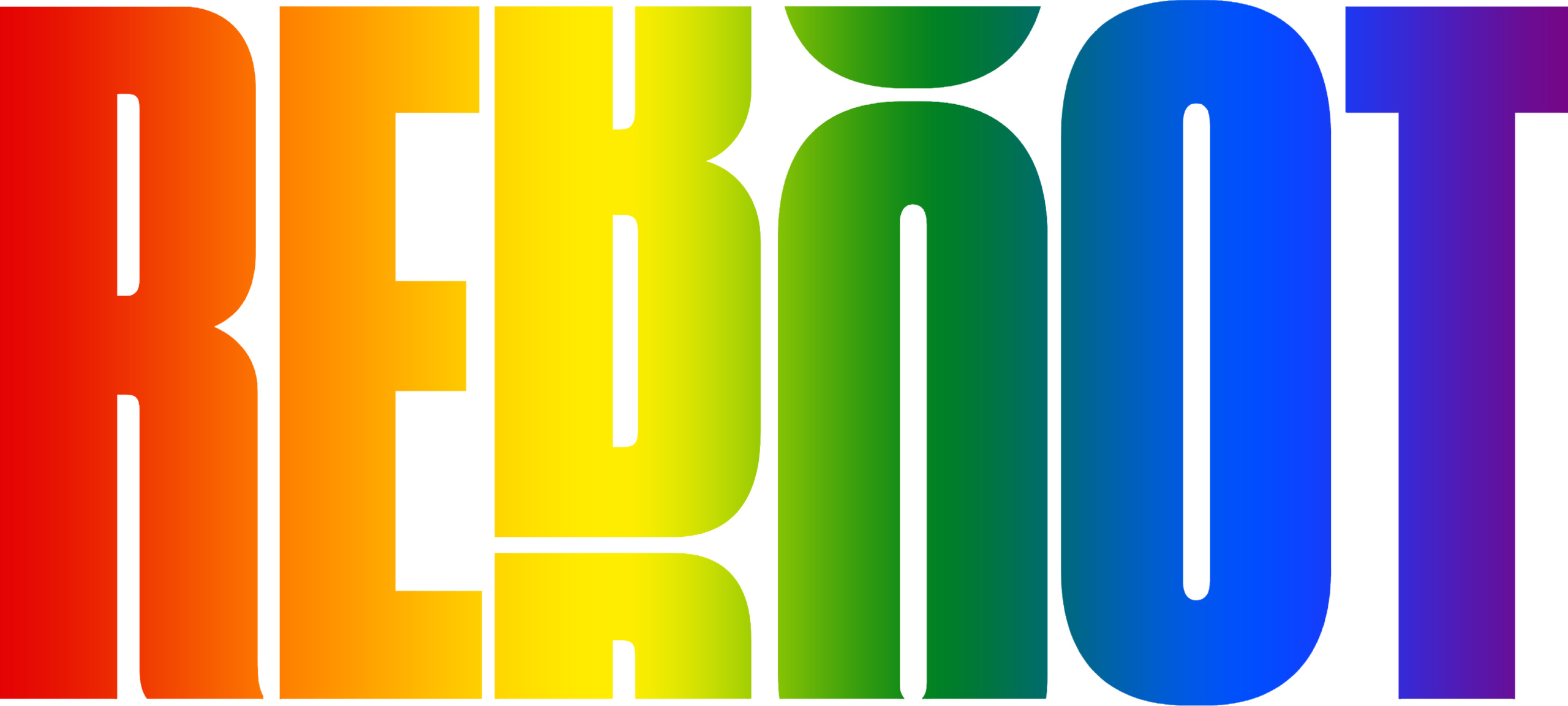
“Dayenu” is a song recited during the Passover seder. In Hebrew, “dayenu” translates to “it would have been enough,” and the song thanks God for miracles performed during the Exodus, including taking the Jews out of Egypt, providing for them in 40 years of wilderness, and giving the Jewish people Shabbat and the Torah. Over 1,000 years old, “Dayenu” is found in the first medieval Haggadah, or Passover text, of the Seder Rav Avram (9th century). Jews sing Daneyu during the Passover seder immediately before explaining the meaning of Passover, matzah (unleavened bread), and maror (bitter herbs).
Dayenu is particularly beloved for its interpretation by Iranian Jews, who cheerfully (and ideally, gently) hit one another with scallions (green onions) as a symbol of the whips of cruel Egyptian taskmasters and as a reminder to those who today would metaphorically desire to return to Egypt by being consumed by physical and material pursuits. During recitation of Dayenu, guests at Persian (and Afghan) Passover seders enthusiastically hit each other with scallions; some leave their chairs and chase one another. Children and even elders are encouraged to participate, creating fun and festive memories for years to come.
Some non-Persian Jewish communities have begun to incorporate the scallion tradition into their Passover seders. In 2015, the Jewish Federation of Greater Los Angeles and the City of Los Angeles hosted a pre-Passover seder at Los Angeles City Hall, which was attended by Mayor Eric Garcetti and other elected officials, as well as local Jewish leaders. Given that Los Angeles is home to one of the largest Persian Jewish diaspora communities in the world, a tray of scallions was set on the seder table and seder guests playfully participated in the tradition, led by young Persian Jewish civic leaders.
For more Passover resources, see Reboot’s Passover Resource Guide.
